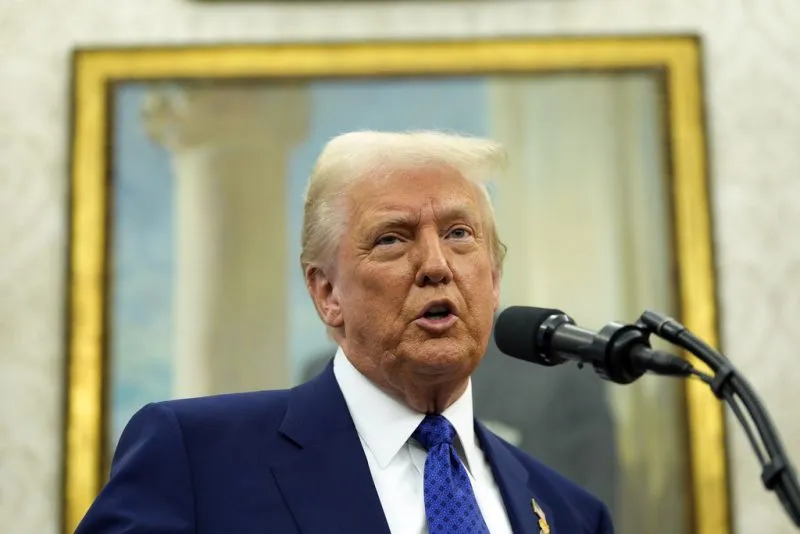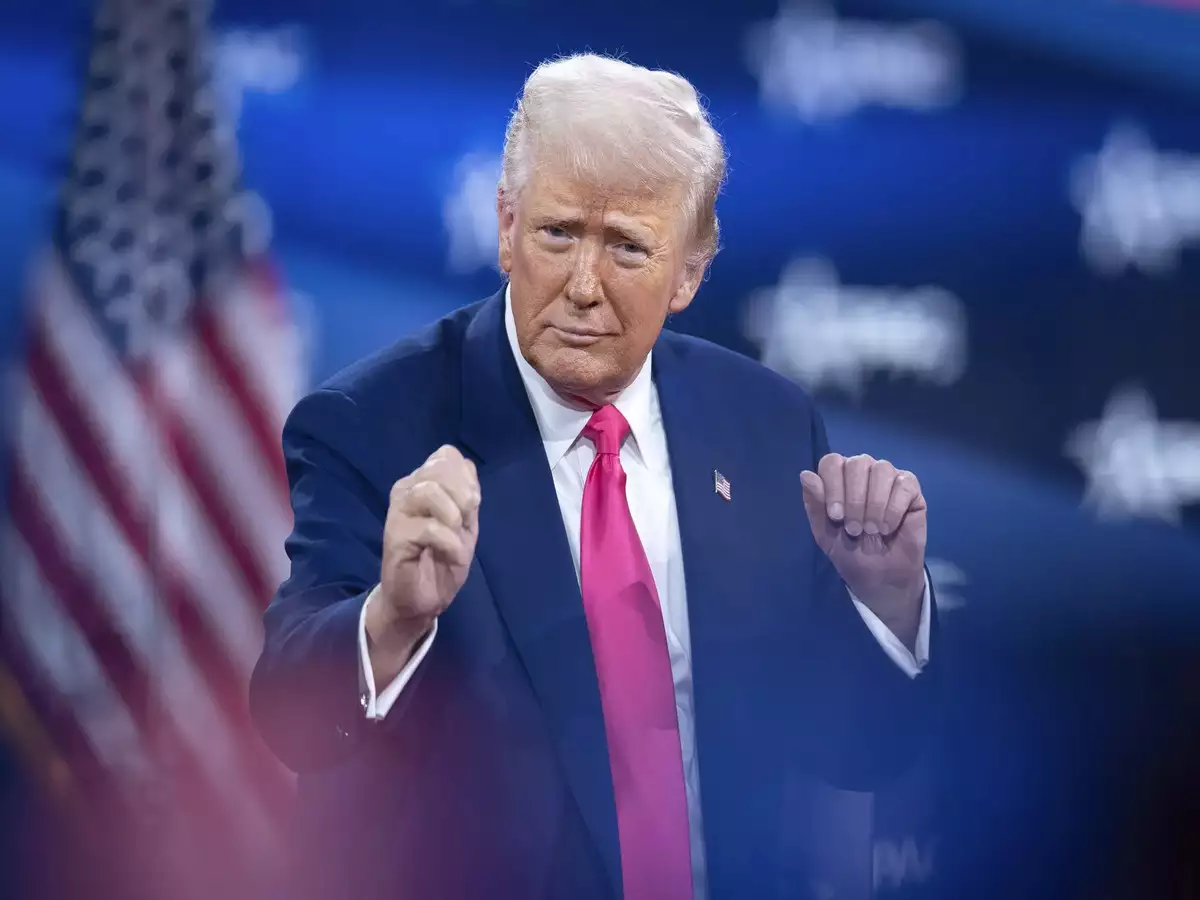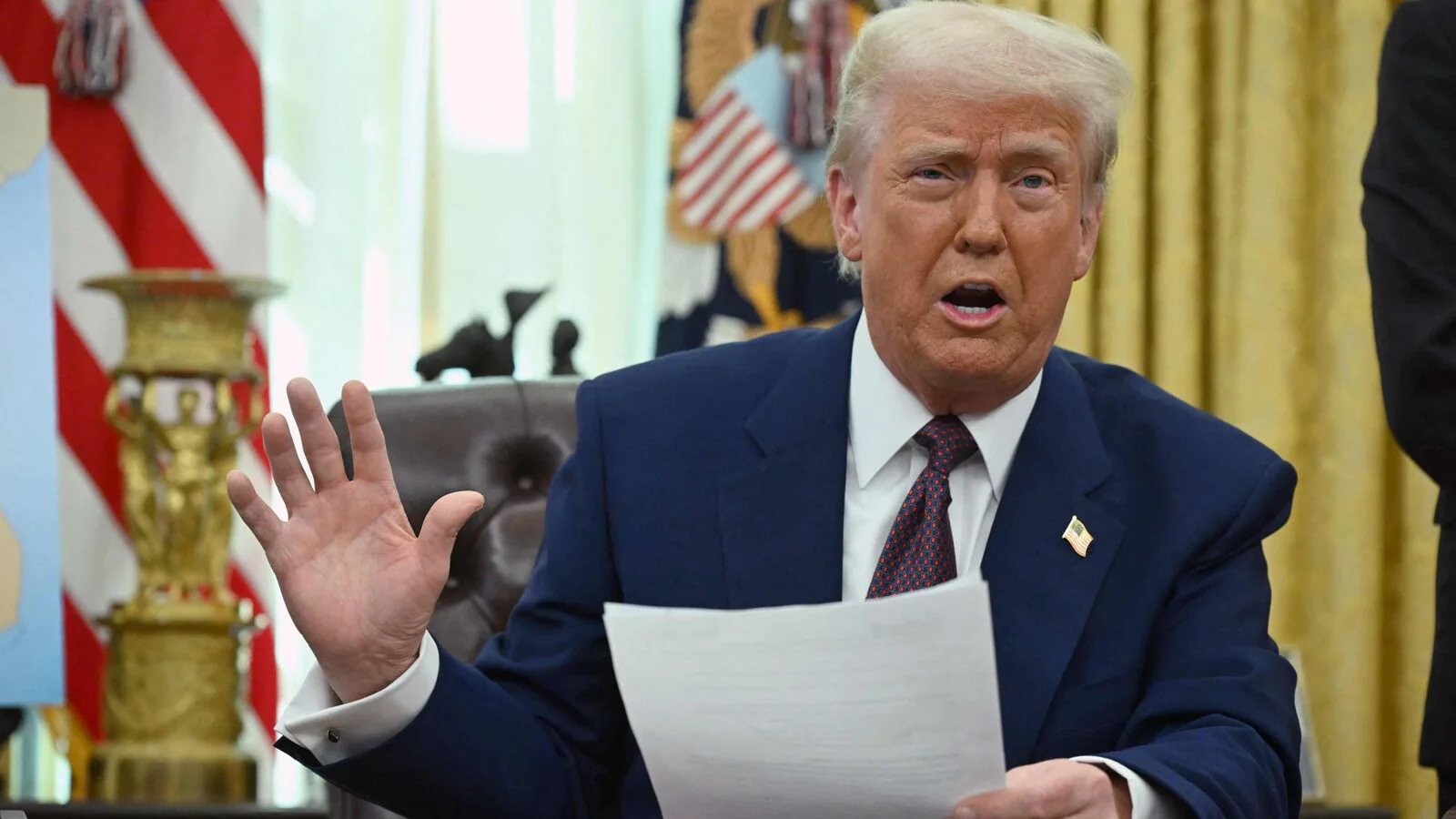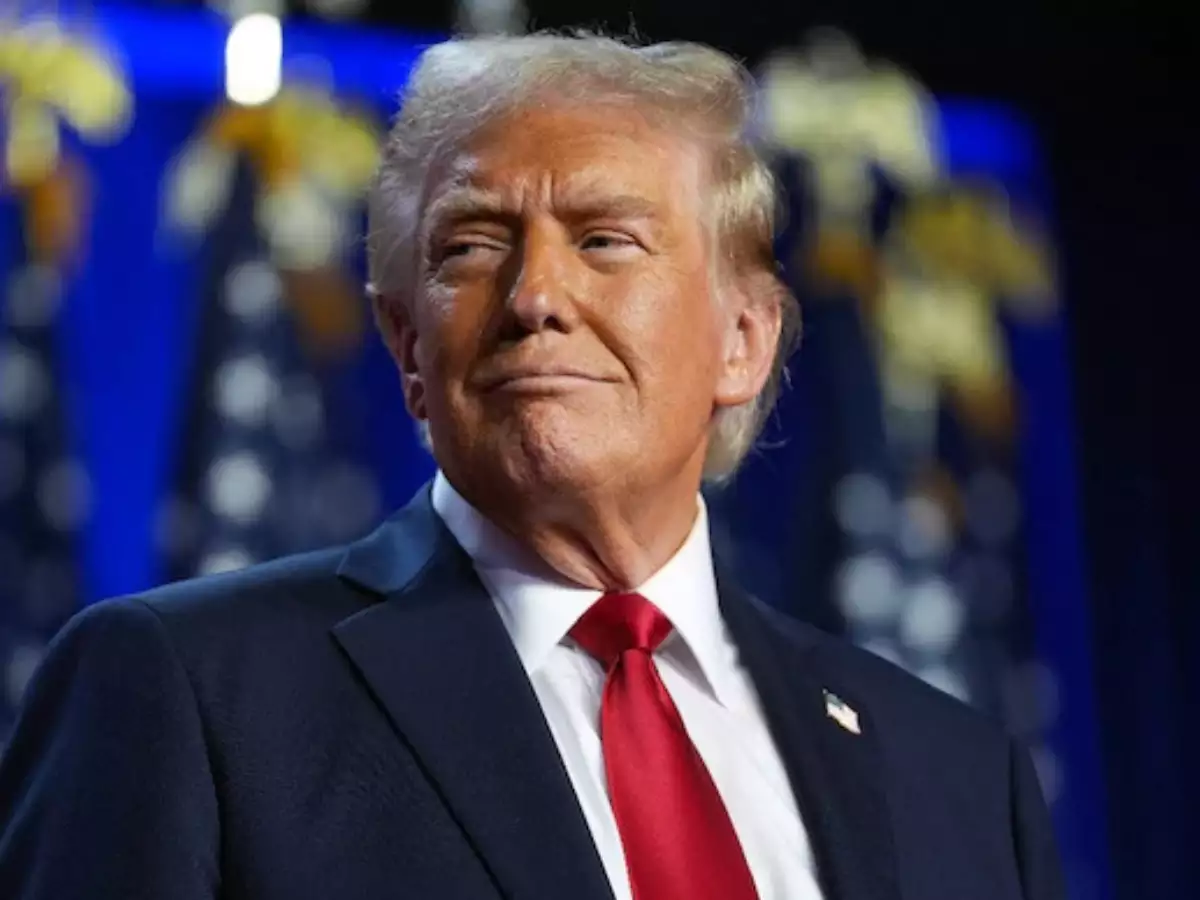trending
neon
Cirque du Soleil offers summer ticket deals
dining out
Celebs ditch the Strip for iconic Henderson restaurant
july 
trending
neon
Cirque du Soleil offers summer ticket deals
dining out
Celebs ditch the Strip for iconic Henderson restaurant
july 

The iShares 0-5 Year Investment Grade Corporate Bond ETF (SLQD) is a low-risk option for investors. Learn how U.S. investment policies influence its performance




The iShares 0-5 Year Investment Grade Corporate Bond ETF (SLQD) is a popular choice among investors looking for short-term, investment-grade corporate bond exposure. Given its focus on lower-duration securities, SLQD provides stability and income generation while minimizing interest rate risk.
However, the performance of SLQD is directly influenced by U.S. investment policies, particularly those related to interest rates, fiscal policy, bond market regulations, and credit standards. Understanding these policies is essential for investors seeking to optimize their fixed-income portfolios.
Short-Term Investment-Grade Bonds
Lower Interest Rate Sensitivity
Diversified Corporate Debt Holdings
The Federal Reserve (Fed) plays a significant role in shaping the corporate bond market.
The Fed’s 2024 policy outlook indicates a cautious approach, balancing inflation control with economic growth. This affects corporate bond yields, ETF performance, and investor sentiment.
Inflation impacts bond yields and investor behavior. If inflation remains high:
Conversely, if inflation stabilizes, corporate bond ETFs like SLQD maintain steady returns with lower risk.
The U.S. government’s bond market regulations and corporate tax policies directly impact SLQD. Key policy influences include:
The iShares 0-5 Year Investment Grade Corporate Bond ETF (SLQD) is a low-risk option for investors. Learn how U.S. investment policies influence its performance
the latest

CFIUS Tightens Rules on Foreign Investments in the U.S
The Committee on Foreign Investment in the United States (CFIUS) has introduced stricter regulations targeting investments from specific countries, citing national security concerns

White House Releases 'America First Investment Policy' Memo
The White House has unveiled its latest initiative, the 'America First Investment Policy' memo, outlining strategies to attract foreign capital while prioritizing domestic industries. The policy aims to enhance job creation, boost American businesses, and redefine trade relations to favor U.S. economic interests

Trump's Tariffs Unleash Investor Uncertainty: Next Steps
Former President Donald Trump's latest round of tariffs has sent shockwaves through global markets, leaving investors grappling with increased uncertainty. With businesses facing higher costs and trade tensions escalating, analysts weigh in on the long-term implications for industries, financial markets, and economic stability

Trump's Red Carpet Plan for Wealthy Foreign Investors
Former President Donald Trump is pushing a new visa policy that offers wealthy foreign investors a fast-tracked path to U.S. residency. The plan, dubbed the "Gold Card" visa, requires a $5 million investment in key industries but faces criticism for favoring the ultra-rich

How Trump’s $5M ‘Gold Card’ for Rich Migrants Works
Donald Trump’s proposed $5 million "Gold Card" visa seeks to fast-track residency for wealthy investors, aiming to boost the U.S. economy through capital inflows

Details Emerge on Trump’s $5M ‘Gold Card’ Visa Plan
Donald Trump’s proposed $5 million "Gold Card" visa seeks to attract high-net-worth individuals to the U.S., promising economic growth and investment opportunities

Investing Amid Volatility in Trump’s Second Term
As Donald Trump begins his second term, market volatility remains high. Investors are looking for strategies to navigate economic uncertainties and capitalize on policy shifts

Why U.S. Stocks Are Still a Smart Investment
U.S. equities continue to outperform, driven by strong earnings, economic resilience, and innovation. Investors remain bullish on long-term market growth

Stock Market Trends: The Impact of U.S. Investment Regulations
U.S. investment regulations play a crucial role in shaping stock market trends. This article explores the impact of regulatory changes on investor behavior, market volatility, and long-term market outlook